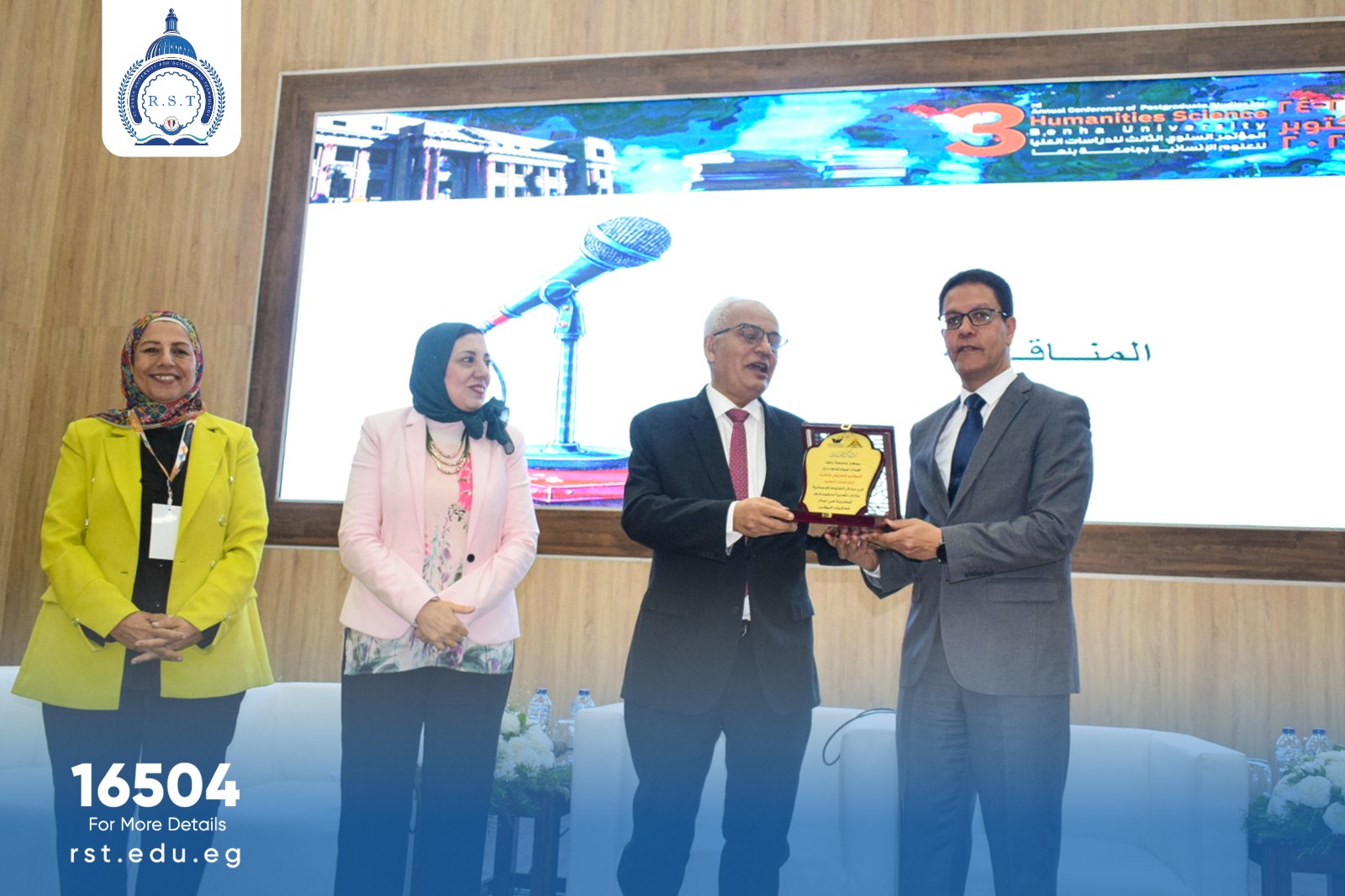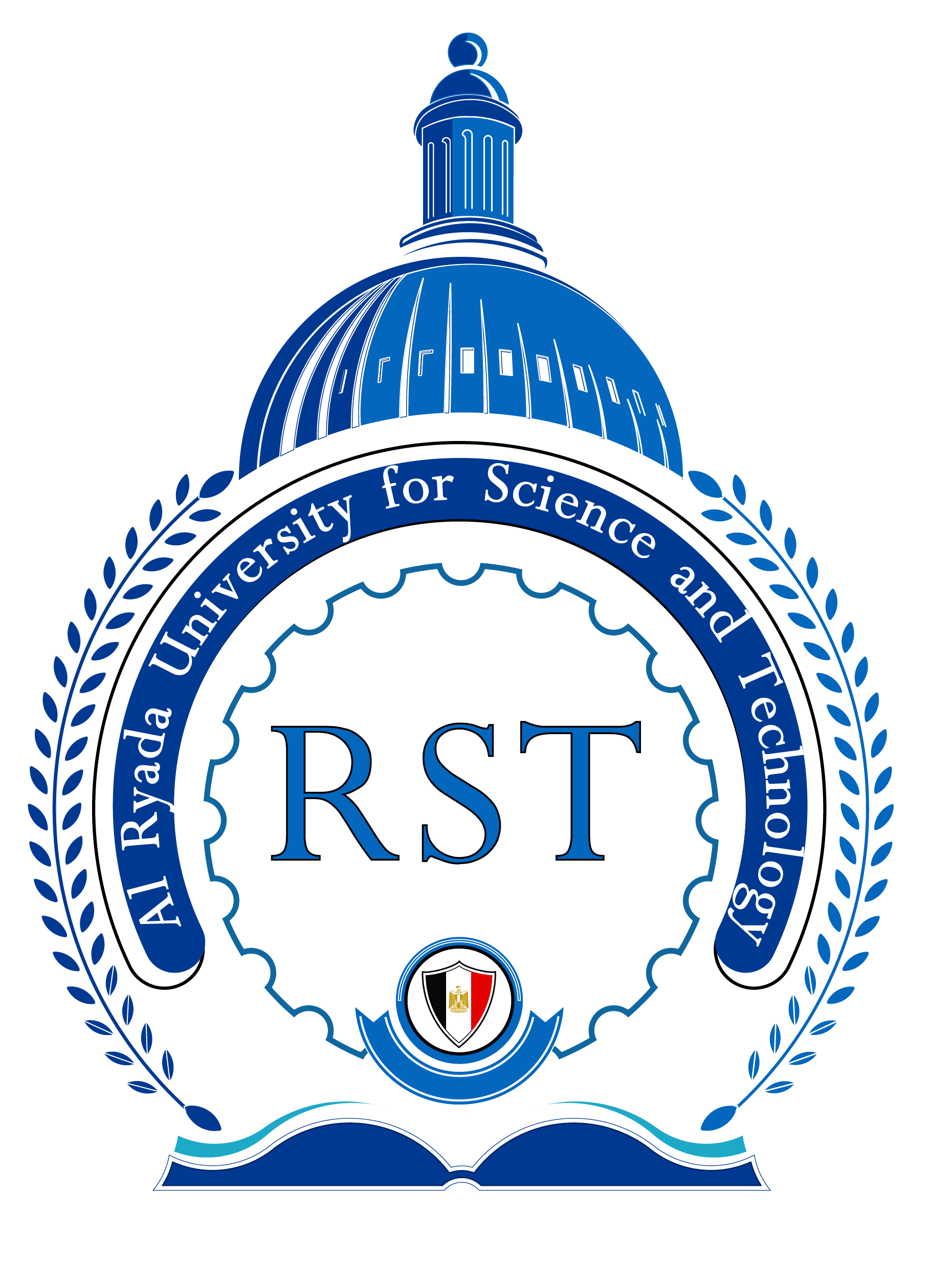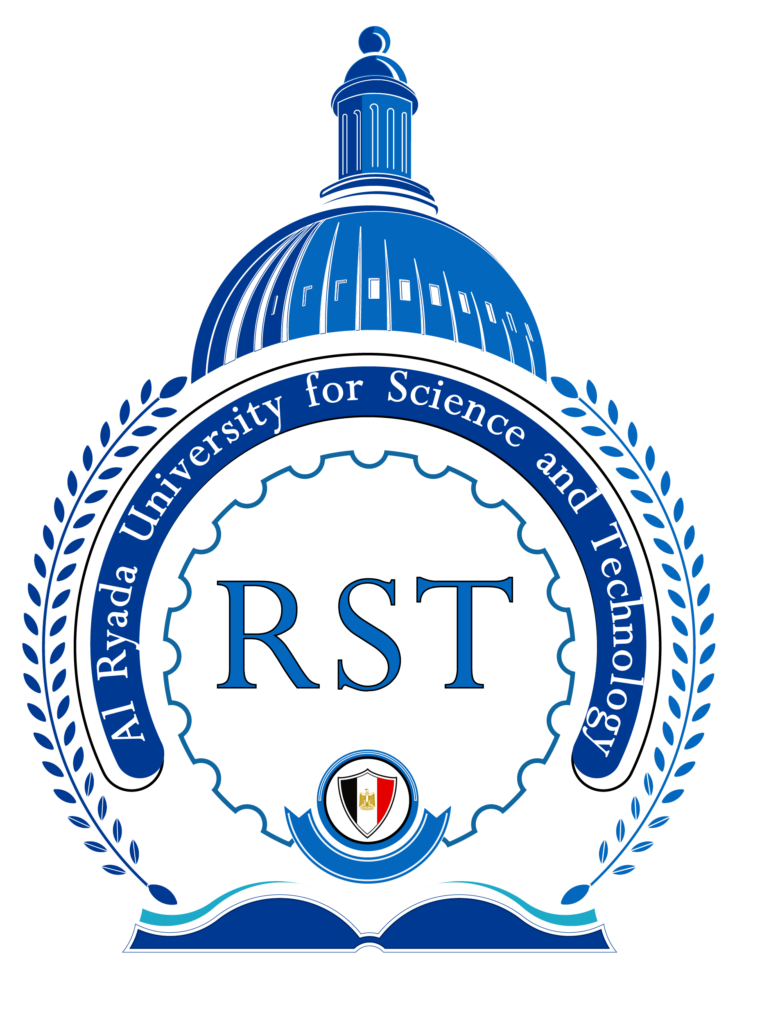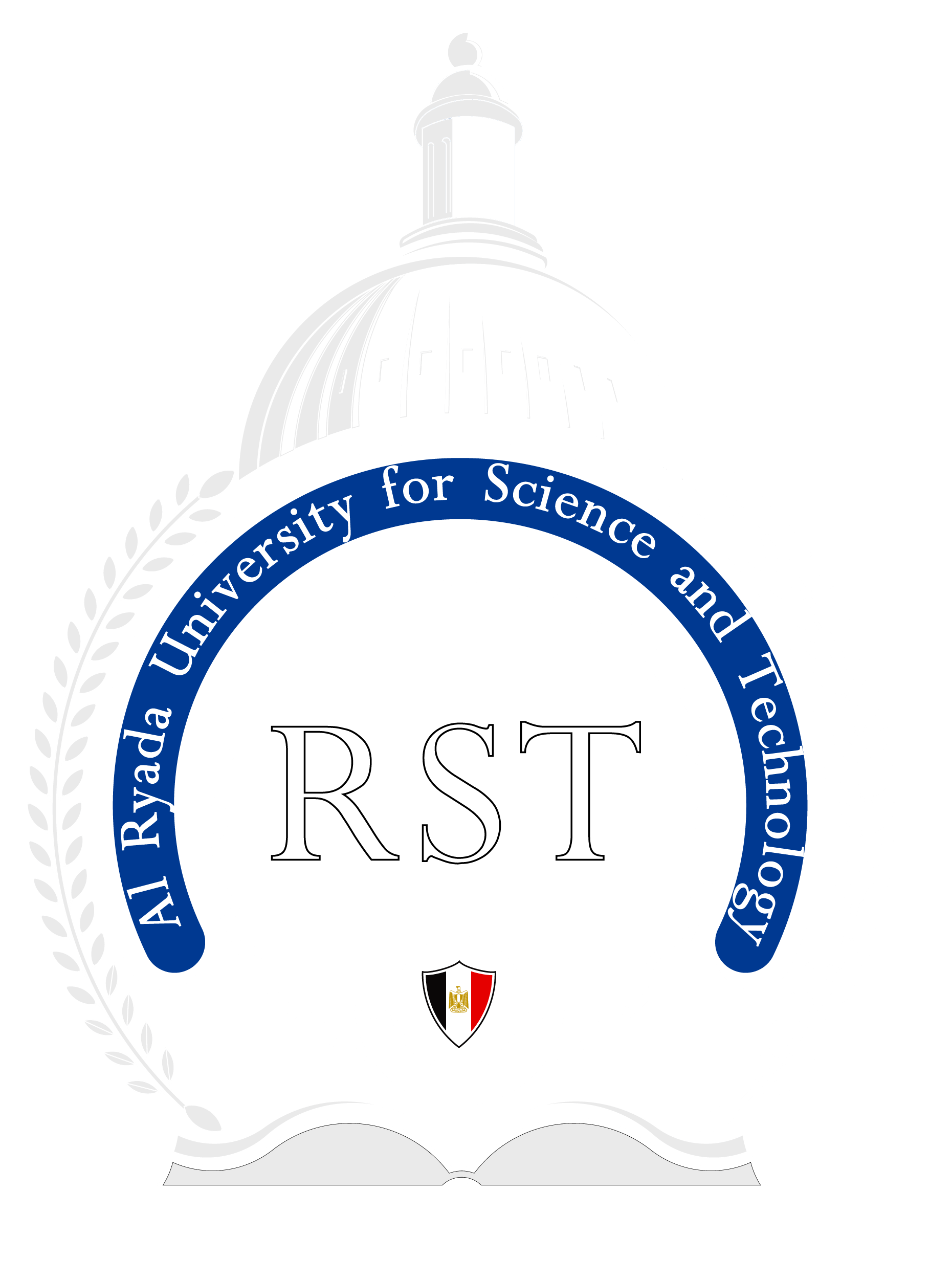Reda Hegazy presents a comprehensive vision on the future of graduate studies in the humanities at the third conference at Benha University

Al-Ryada University for Science and Technology
University Presidency
Media Statement
Cairo – Saturday, October 26, 2024
Reda Hegazy presents a comprehensive vision on the future of graduate studies in the humanities at the third conference at Benha University
Dr. Reda Hegazy: Graduate studies in the humanities face many challenges and there is no alternative to confronting them
President of Al-Ryada University: There is no alternative to confronting the challenges facing the future of graduate studies in the humanities
Dr. Reda Hegazy, President of Al-Ryada University for Science and Technology and former Minister of Education and Technical Education, stressed that graduate studies in the field of the humanities are the cornerstone of understanding history, cultures and societies, along with philosophy, literature and the arts. He pointed out that these studies face increasing challenges in light of the rapid technological developments and global social and economic transformations.
This came during the participation of the President of Al-Ryada University in a scientific lecture at the Third Annual Conference for Postgraduate Studies in the Humanities at Benha University, headed by Prof. Dr. Nasser Al-Gizawy, President of Benha University, and with the attendance and participation of an elite group of public figures and specialists in the field of humanities and experts in curricula and teaching methods from various universities.
A comprehensive vision for the future of postgraduate studies
Dr. Reda Hegazy spoke about the inevitability of developing a comprehensive vision for the future of postgraduate studies in the field of humanities, which includes keeping pace with industrial and social changes, digital transformation, the labor market and its requirements, the global development of education, and competition locally, regionally and internationally.
He added that the overlap of humanities with applied sciences has become clear in many fields, such as:
• Nanotechnology and ethics (genetic engineering)
• Psychology and engineering (architecture)
• Medicine and social sciences (community and family medicine)
• Economics and humanities (marketing)
• Media, languages and computers (simultaneous translation)
• Political science and technology (cyber and national security)
• Sociology and environment (sustainable development and urban planning)
• Management and artificial intelligence (business informatics)
The importance of postgraduate studies in the humanities
Dr. Reda Hegazy stressed the importance of postgraduate studies in the humanities, and pointed out their role in:
• Developing human thought, critical and analytical thinking.
• Enriching human culture and contributing to solving complex issues and moral and social values.
• Preparing future leaders in the fields of education, culture and public work, and influencing social and cultural policies.
• Developing personal skills, enhancing creativity and preserving heritage.
Future Challenges and Opportunities
Dr. Reda Hegazy pointed out the most prominent challenges facing postgraduate studies in the humanities, which include:
• Lack of funding
• Difficulty linking them to the labor market
• Digital transformation
• Multidisciplinary
In contrast, he pointed out future opportunities and trends represented in:
• The increasing importance of critical thinking and creativity.
• Focus on global issues and integration between disciplines.
• Lifelong education.
The role of universities and institutions
The President of Al-Ryada University concluded his speech by emphasizing the role of universities and government institutions in facing these challenges, through:
• Innovative interdisciplinary study programs.
• Supporting scientific research and encouraging international cooperation.
• Providing job opportunities and linking humanities studies to the labor market.
• Good marketing of postgraduate studies in the humanities.
He also emphasized the role of researchers in developing their personal skills and using artificial intelligence applications in scientific research.

















